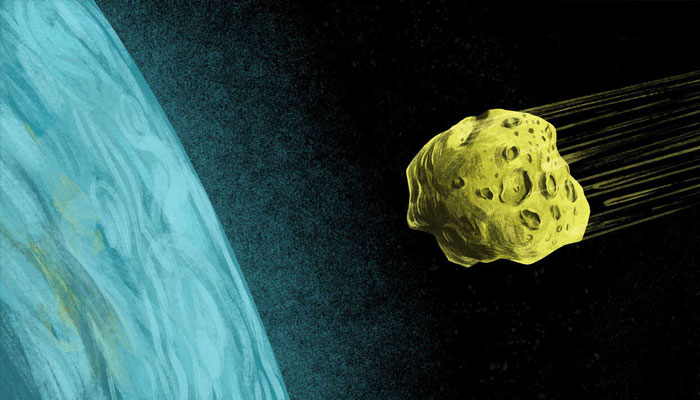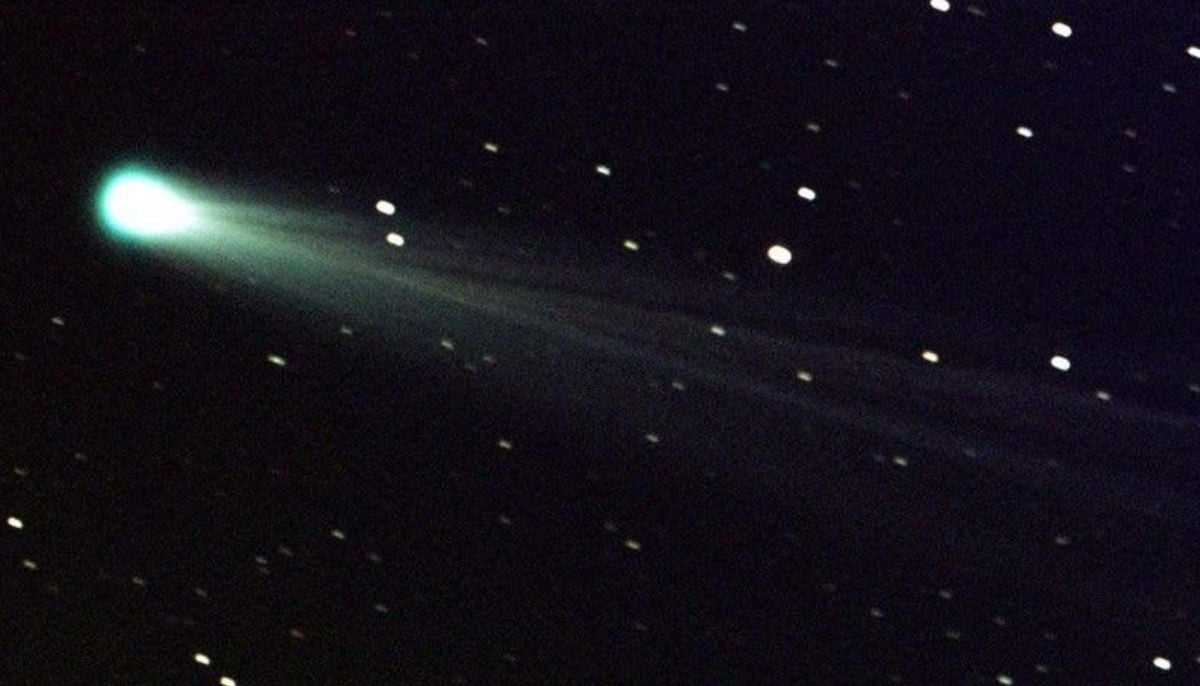'City killer' asteroid now has 3.1% chance of hitting Earth, warns NASA
"I'm not panicking," Bruce Betts, chief scientist for nonprofit Planetary Society told AFP
NASA has reported that an asteroid, named 2024 YR4, now has a 3.1% chance of striking Earth on December 22, 2032, a threat it calls the most significant ever recorded by modern forecasting, AFP reported.
While these odds might sound alarming, experts assure the public that there's no need to panic. According to Bruce Betts, the chief scientist for the Planetary Society, though the probability is rising, it is likely to fluctuate before eventually dropping to zero as more data is gathered. The asteroid was first detected on December 27, 2024, by the El Sauce Observatory in Chile.
Measuring between 130 and 300 feet in diameter, 2024 YR4 is considered a "city killer" due to its size and velocity, which could reach nearly 40,000 miles per hour if it impacts Earth.
Although an event of this scale is unlikely to cause a global catastrophe like the asteroid that wiped out the dinosaurs, it could result in severe destruction.
If it enters Earth's atmosphere, the asteroid could trigger an airburst with a force of about eight megatons of TNT—far greater than the Hiroshima bomb.
A potential impact site could include regions over the eastern Pacific Ocean, South America, Africa, or South Asia, among others.
The International Asteroid Warning Network (IAWN) first raised the alarm about the asteroid's increasing probability of impact in January. NASA’s latest calculations reflect a 3.1% chance, with odds of one in 32—comparable to correctly guessing the outcome of five coin tosses in a row.
Notably, the asteroid's trajectory is taking it towards Jupiter, meaning its next close approach to Earth won't occur until 2028. Additionally, the James Webb Space Telescope is set to begin observations next month to refine calculations on its orbit.
While the risk is significant, experts emphasise that there is ample time to prepare. Spacecraft technology, like NASA’s successful 2022 DART mission, could be deployed to deflect the asteroid if necessary.
-
‘Smiling electrons’ discovered in Earth’s magnetosphere in rare space breakthrough
-
Archaeologists unearthed possible fragments of Hannibal’s war elephant in Spain
-
NASA's Hubble Space Telescope discovers ‘Dracula Disk', 40 times bigger than solar system
-
Annular solar eclipse 2026: Where and how to watch ‘ring of fire’
-
Scientists discover rare form of 'magnets' that might surprise you
-
Humans may have 33 senses, not 5: New study challenges long-held science
-
Northern Lights: Calm conditions persist amid low space weather activity
-
SpaceX pivots from Mars plans to prioritize 2027 Moon landing












